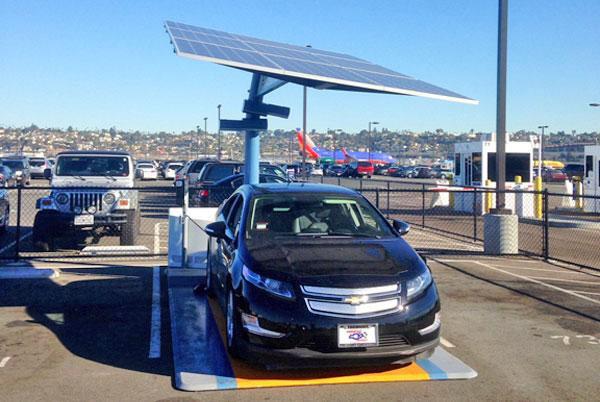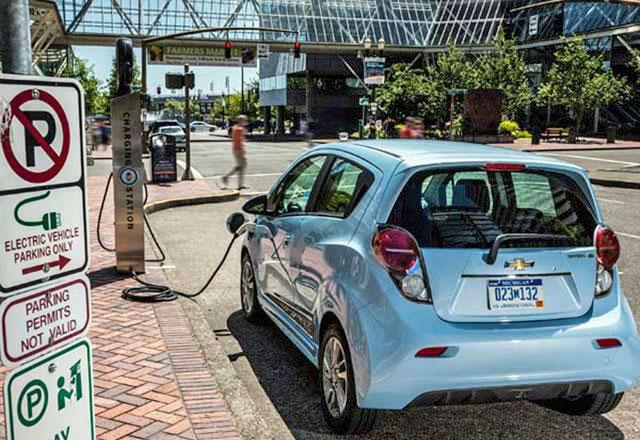You are here
FZIC says auto sector tax cuts will increase revenues, stimulate economy
By Bahaa Al Deen Al Nawas - Sep 19,2019 - Last updated at Sep 19,2019

The Jordan Free Zones Investment Commission has recently proposed a set of measures to increase public revenues and stimulate the economy, including tax cuts on vehicles (JT file photo)
AMMAN — The Jordan Free Zones Investment Commission (FZIC) has recently proposed a set of measures to increase public revenues and stimulate the economy, including tax cuts on vehicles.
FZIC President Mohammad Bostanji said earlier this week that such measures would increase Treasury revenues by 30 per cent in the last quarter of 2019.
The FZIC said it submitted its suggestions during a meeting on Tuesday with officials and private-sector representatives. “If these suggestions are implemented, the revenues might increase to more than 50 per cent in the first quarter of 2020,” Bostanji said.
The new tax hikes over the past three years all led to a halt in commercial activity in the auto sector and consequently a drop in revenues, Bostanji said. "They [taxes] were taken without consulting the sector."
The suggestions included the reduction of service tax from the current five per cent on pickup and diesel trucks to two per cent, Bostanji said.
Bostanji said the FZIC proposed reducing the weight tax on cars to JD250 for vehicles weighing up to 1,000kgs, JD350 for vehicles between 1,001kgs and 1,500kgs, and JD500 for vehicles weighing more than 1,500kgs.
For hybrid cars, Sostanji said that the by-law imposes an annual tax increase by 5 per cent, which in 2017 was 25 per cent, then 30 per cent in 2018 and now is 35 per cent. “This has caused confusion in the auto market," he said, adding that they proposed a fixed tax of 30 per cent.
As for electric cars, Bostanji said they used to clear between 700-800 cars a month but the figure has gone down significantly due to the 25 per cent tax. “The commission proposed reducing it to 10 per cent.”
The proposed solutions aim at increasing the commercial activity in the auto and allied components sector, he said.
"If things remain the same, we will keep deteriorating and falling behind. In 2016 we cleared around 6,000 cars a month and 72,000 vehicles in the whole year while in the first eight months of this year, we cleared only 20,000 cars.”
Related Articles
AMMAN — The government on Monday approved a set of measures aligned with suggestions proposed by the Jordan Free Zones Investment Commission
AMMAN — The Treasury’s accumulated losses from the free zone customs fund of vehicles between the beginning of 2016 and June 30, 2019 stood
AMMAN — The number of electric cars being cleared out of the Free Zone has dropped to no more than 50 cars a month, compared with 700-800 ca















